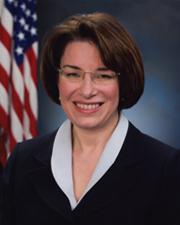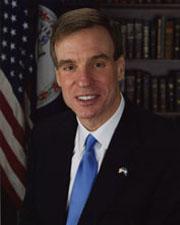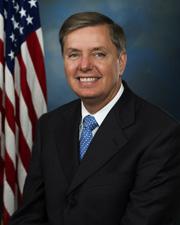0
Honest Ads Act
12/15/2023, 4:06 PM
Summary of Bill S 486
Under the Honest Ads Act, online platforms such as social media websites and search engines would be required to maintain a public file of all political advertisements purchased on their platforms. This file would include information such as the identity of the purchaser, the amount spent on the advertisement, and the target audience for the ad.
Additionally, the bill would require online platforms to make reasonable efforts to ensure that foreign entities are not purchasing political ads to influence American elections. This is in response to concerns about foreign interference in the 2016 presidential election. The Honest Ads Act has received bipartisan support in Congress, with lawmakers from both parties recognizing the importance of increasing transparency in online political advertising. Proponents of the bill argue that it is necessary to protect the integrity of American elections and ensure that voters have access to accurate information about who is behind political ads. Overall, the Honest Ads Act aims to hold online platforms accountable for the political ads that are run on their platforms and to provide voters with more information about who is trying to influence their opinions.
Congressional Summary of S 486
Honest Ads Act
This bill applies requirements, limitations, and protections regarding political advertising in traditional media to paid internet or digital political advertising. The bill sets forth special rules for disclosure statements for certain internet or digital ads.
Each television or radio station, provider of cable or satellite television, or online platform must ensure that the political advertising it hosts is not directly or indirectly purchased by a foreign national.
The bill outlines political record requirements for online platforms, including by requiring these platforms to publish a record of any qualified political advertisement purchased by a person whose aggregate purchases of qualified political advertisements on the platform during the calendar year exceeds $500.
Additionally, these online platforms must display notices with online political advertisements that identify the sponsor of the advertisement.


